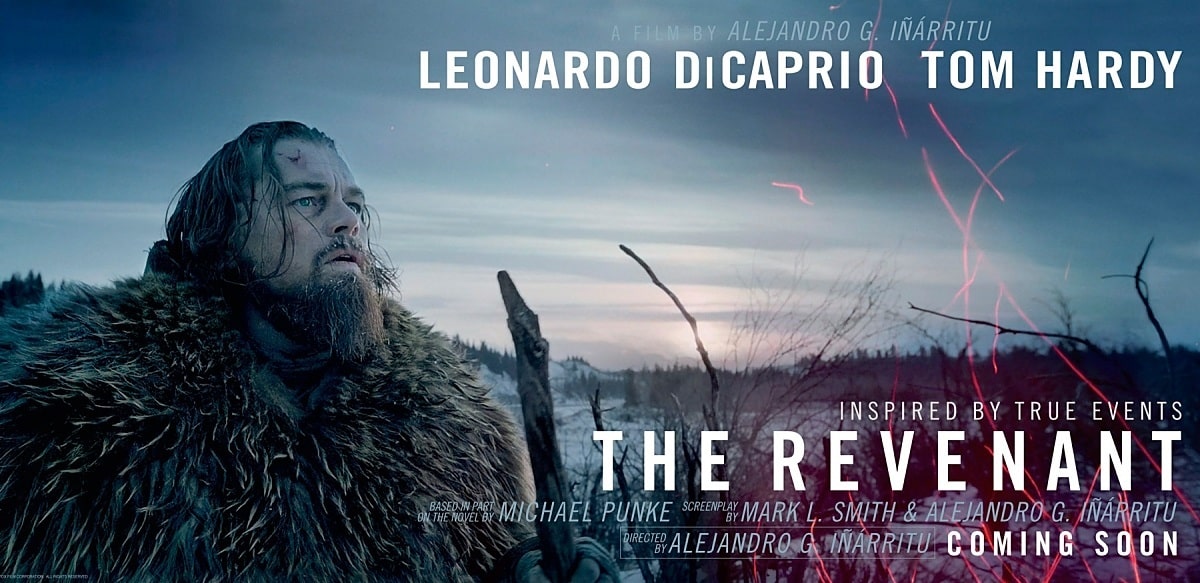February 16, 2016
The vagaries of nature often wreak havoc in the minds of believers as they try to reconcile the hardships and challenges nature inflicts on the human condition with our insistence on a loving, merciful God. The best possible explanation comes from centuries of theological discernment and debate, but it is a simple one: God honors God’s creation on its own terms: Nature will be as Nature needs to be, i.e., based on the aptitudes and limits of its essence and design. Most every believer acknowledges these days that “Nature” is not God’s moral agent of reward and punishment because ancient biblical understanding was framed in a more primitive mindset. Nature simply is what it is for God allows the material world to exist within its own laws and limitations. Occasional interventions notwithstanding.
The same applies to human nature, particularly regarding man’s inhumanity to man.* The suffering we inflict upon one another through God’s gift of free will certainly vindicates God from any blame. God’s grace may empower and expand the good we choose but the evil we display grounds itself in our freedom to act against conscience and inherent moral codes of the human psyche. A psyche illumined and informed by the collective (and, for believers, God-inspired) wisdom on display in the Ten Commandments, Jesus’ Beatitudes, teachings of Buddha, Confucius, Mohammed and many, many more.
Spiritual reflection is inherent in “The Revenant.” God is an ever-present but silent force in this narrative because of the way director Alejandro G. Iῆarritu’s tells his story. The film, the script and the scenery all evoke questions about faith, morality, nature and humanity. The movie is more than just about one person’s survival (or inability to survive—no spoilers here) in part because characters invoke Christianity and in some cases a false understanding of Christianity in key scenes. There’s an implicit sense throughout the film that not only is the protagonist’s life at stake, but so, too, his soul. All the characters hang in the balance between good and evil, with many if not all tipping the scale to the dark side as we, the audience, look on and ponder survival of the fittest and so much more.
“The Revenant” is a fascinating cinematic exploration of one man’s attempt to survive the cruel, dark impulses of the human heart and will in the context of all of nature’s menace. Is it revenge that animates him or something else entirely? The man in the question is Hugh Glass, an historical American figure of the 1820’s western expansion and fur trade, played by Leonardo DiCaprio employing all the tools of the great method acting tradition with aplomb. In a captivating performance, Leonardo reveals the inner struggles of a man confronting fears and prejudices, hate and greed on grand display among the warring French and American fur traders and native American tribes for whom betrayal, scapegoating and murder are often excuses for living. Furthermore, Hugh has many inner demons of his own, while, at the same time his courage, intelligence and his love and devotion toward his son Hawk and the memory of his martyred wife gain our respect and admiration. In many silent stretches of struggle, victory and defeat, DiCaprio keeps us in suspense and awe. He deserves his Oscar nomination.
And amidst all the human conflict, the magnificent vistas of Wyoming’s majestic mountains, trees, sparkling rivers and roaring waterfalls alternately cast their spell of beauty, grandeur and indifference just as God seems to do at times. “The Revenant” (the word means “ghost” or “one that returns after death or a long absence”) is an adventure story turned into theological reflection. I dare anyone who sees it not to be steeped in deep thought about life, nature and survival—and the choices between fully living and mere existence. At times the visuals are raw, the tearing of human flesh, the gutting of entrails human and animal—the result of arrow and gunfire, fire and stone. And much has been written about Hugh’s battle with a mother bear ferociously defending her cubs after his unwitting encroachment. (Extraordinary computer generated images.) But the whole offers a profundity much greater then these individual parts. The film is slowly paced, contemplative and for that, it stands alone among most modern cinema with the exception of the works of Terence Malik, whose visuals also convey spiritual dynamics and questions of God and Nature (such as in “Tree of Life”). The crucible of Hugh Glass we see on the screen also serves as a test to viewers’ ability to pay attention to detail, to focus one moment at a time, to surrender the impatience that can occur when accustomed to so many fast-paced action adventures. Good for the soul.
“The Revenant” features stunning cinematography, seamless editing and evidences first-class direction. Great acting, too, not in any way limited to DiCaprio alone. Antagonist Tom Hardy as John Fitzgerald is a perfect foil for Glass and there are compelling performances by Domnhall Gleeson as Captain Andrew Henry (government agent in charge of the trader’s security), Forrest Goodluck as Glass’ son and Arthur RedCloud as a benevolent Native American. The latter three provide some welcomed moments of compassion and attempts toward a greater good. The film’s conclusion offers possibilities of transcendence but remains ambiguous. A perfect opportunity to engage in conversation and debate with others about the worlds without and within.
* Fellow feminists be warned: there is only one woman in this film and she is featured briefly in flashbacks and in visions. Appropriately she reinforces a multi-layered theme — a “revenant” inspiring the “revenant” aspects of the title character.
